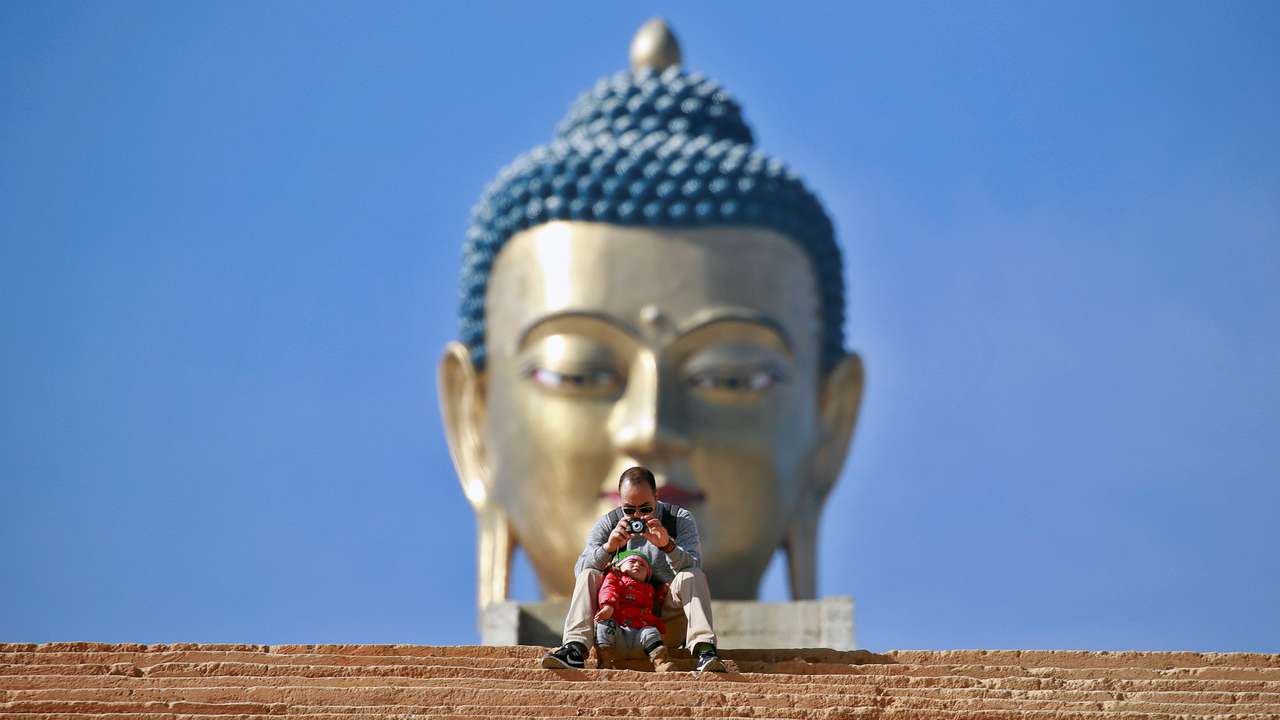Need bold reforms to advance women in leadership roles
Bhutan continues to face deep challenges in increasing women’s participation in national leadership. Women currently hold only 7% of parliamentary seats, a stark reminder of the gender gap that persists in political representation. Policymakers and civil society groups have called for bold reforms to encourage more women to step into decision-making roles, especially in governance and public administration. Experts stress that representation in leadership not only reflects equality but also strengthens the nation’s democratic resilience and policy inclusiveness. Without significant structural and institutional changes, women’s voices may continue to be underrepresented at the national level.
Weak support systems keep women out of politics
A recent survey underscores the socio-cultural and institutional barriers preventing Bhutanese women from entering politics. Many potential candidates face limited access to campaign funding, mentorship, and family support, compounded by persistent social expectations about gender roles. Analysts note that without a robust support system, including training programs, inclusive party policies, and childcare infrastructure, few women will be able to overcome these barriers. The findings renew calls for both government and civil society to create enabling conditions for women’s political participation and leadership development.
Sherubtse College students lead call for gender equality during SDG Week
In an inspiring show of youth activism, students from Sherubtse College took the lead during Bhutan’s SDG Partnership Week, championing gender equality and women’s empowerment. Through discussions, art, and campus-wide forums, students emphasised that gender inclusion is critical to achieving Bhutan’s development goals and aligning with global sustainability targets. Their advocacy also highlights the growing role of young Bhutanese voices in shaping the country’s social progress narrative, as more students push for gender-sensitive education, workplace equality, and awareness campaigns across institutions.
RENEW opens two new centres to support women and families
In a significant step toward combating gender-based violence and strengthening social welfare, RENEW, a leading Bhutanese non-profit organisation, has launched two new community service centres. These facilities aim to provide safe spaces for survivors of abuse and offer counselling, legal aid, and vocational training for women and families in need. The initiative is part of Bhutan’s broader commitment to promoting equality and community resilience. It also reflects the growing collaboration between local NGOs, government agencies, and international partners to address gender inequality at both the grassroots and national levels.
